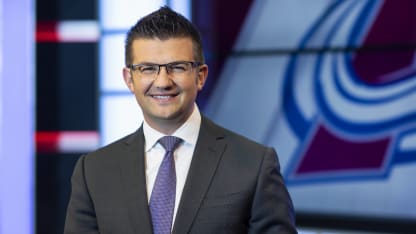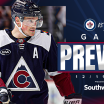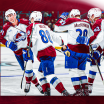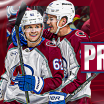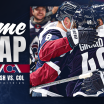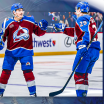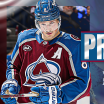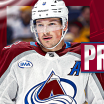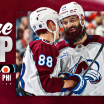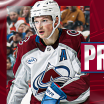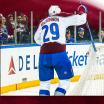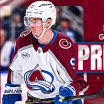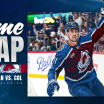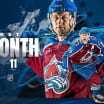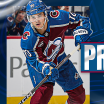There's something very powerful about having a chip on your shoulder, being told that you don't necessarily belong in a place. Pundits will tell you until they're blue in the face that certain teams are always going to be there, regardless of situation, and teams like the Avs and Golden Knights take exception to that. For Vegas, they had the expansion draft and a bunch of guys that 30 other teams did not want, and guys took exception to that. They called themselves the Golden Misfits and that really played through. I think playing with a chip on your shoulder is a very powerful way to play, and the Avs feel that way because they were not even given a chance by anybody to get into the postseason, much less take Nashville to six games. I think the way that they play is also very similar. They're very fast teams, very skilled teams. That's what you hear Jared Bednar talk about all the time, they want to be a skating team, they want to play fast, they want to play quick all the time. That's where the NHL is going. You look at a guy like Sam Girard and say there's no way he can be a defenseman in the NHL. Tyson Barrie got the same sort of criticism because of his size, but this is a league that is going to be based on skill and that's what Vegas figured in their team construction and that's what the Avs are based on.
Who were some of your favorite broadcasters growing up that had an influence on you?
Everyone has their own style, and I think that's still the truth today. It was hard to watch the Stanley Cup Playoffs and not listen to Gary Thorne, who is one of the all-time greats. I always try to have the perfect blend of personality and professionalism, and I think Gary always had that. Doc Emrick is the same way. Everyone defaults to Mike Emrick, but it's true. If you have that blend of personality and professionalism, I think that makes a great broadcaster and that's why I always liked Gary Thorne and Doc Emrick. They had fun with it, and I believe that sports should be fun and I hope that my broadcasts are too.
